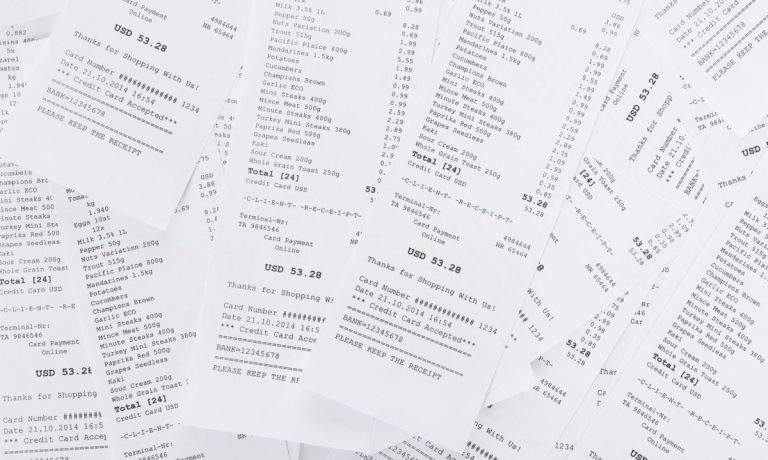
With privacy top of mind for most consumers, opting into using receipt data may require collection transparency.
Item-level receipt data integration has gained increasing attention. Through analyzing consumer information gathered from consumer-shared receipts and card transactions, financial institutions (FIs) and FinTechs can personalize and therefore improve consumers’ digital experience.
The March PYMNTS collaboration with Banyan, “Meeting the Need for Item-Level Receipt Data: Why Data Infrastructure Is Key to a Better Customer Experience,” found that 48% of surveyed businesses believe consumers benefit from the detailed spending insights receipt data may produce to allow increased understanding of their transactional behaviors.

However, the least-cited benefit of item-level data’s ability to improve the customer experience was its ability to offer fraud solutions, which was referenced by only 32% of firms surveyed. Currently, the tool can help banks prevent post-purchase chargeback (also known as “friendly”) fraud, where cardmembers dispute an unrecognized merchant transaction. By analyzing consumer habits, the data may also assist fraud teams in better blocking unauthorized charges.
All of these features are highly valuable in fighting sophisticated online fraud schemes. However, all these tech innovations may not matter without customer permission for their use, and laws surrounding consumer data are poised to be strengthened.
In February, House Financial Services Committee Chairman Rep. Patrick McHenry, R-N.C., introduced the Data Privacy Act of 2023. Intending to modernize relevant laws, the act aims to give consumers increased control over their personal information. Provisions in the proposed legislation includes requiring consumers be provided with how their data is collected and used, the ability to stop its collection and delete any already-gathered data. The act would also require consumers be informed why their data is being collected, limit its use and allow consumers to opt-out as well as create a national data handling standard.
While no final vote has yet taken place for the Data Privacy Act, Congress may be in tune with what consumers are vying for. Previous PYMNTS research demonstrates consumers across all demographics are concerned about the safety of their personal information. Of consumers surveyed, 69% are at least somewhat concerned about the security of their data, with 40% very or extremely concerned. In the same survey, 62% of consumers say they are willing to give up conveniences for the sake of increased security. For consumers to be comfortable with cross-use of their personal information for tracking spending or other conveniences, it may be necessary to promote item-level data’s fraud-fighting capabilities first.
In this day and age, FIs and FinTechs seeking to implement item-level receipt data may need to be mindful of both current legislation and consumer mindset. With concerns surrounding privacy and the use of personal data at an all-time high, running afoul of either may cut off the innovation’s possibilities before it’s really begun to be explored.